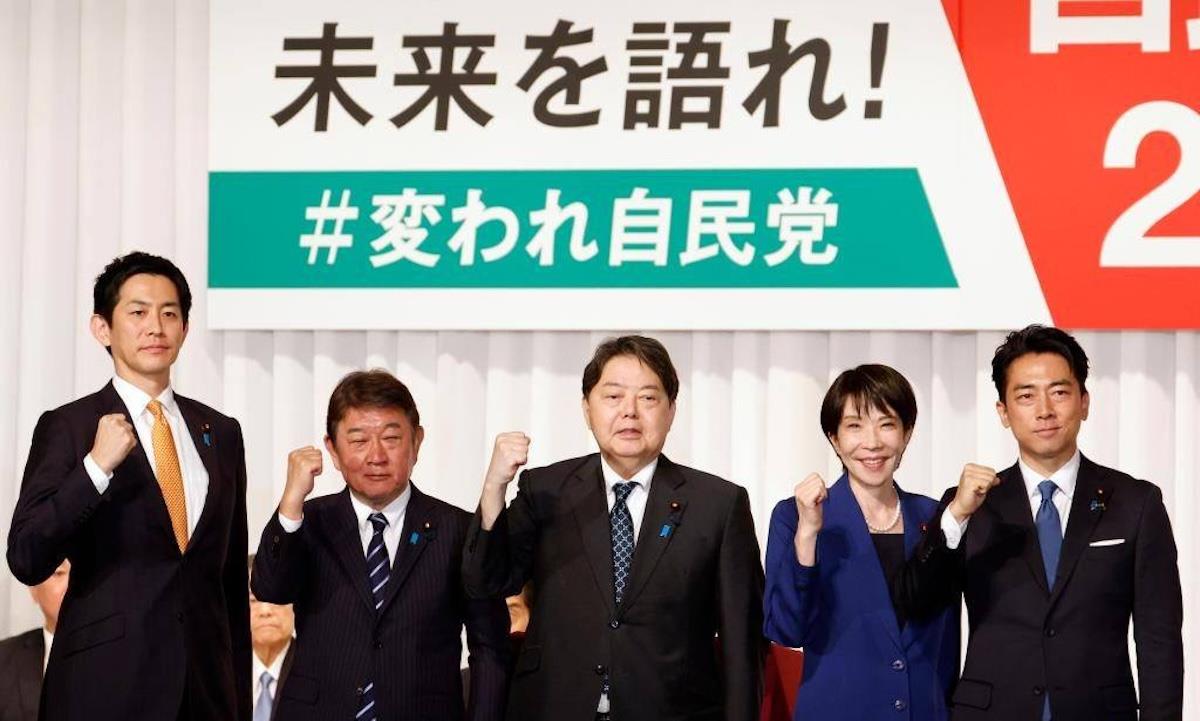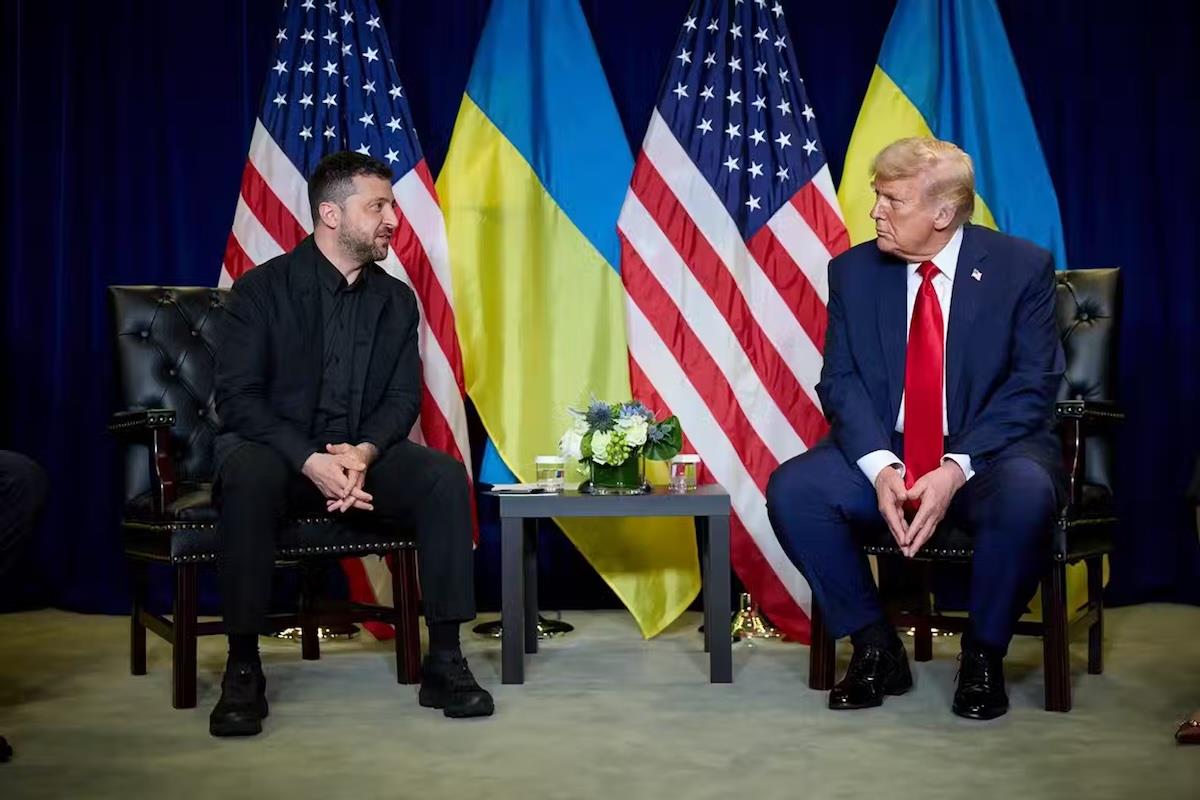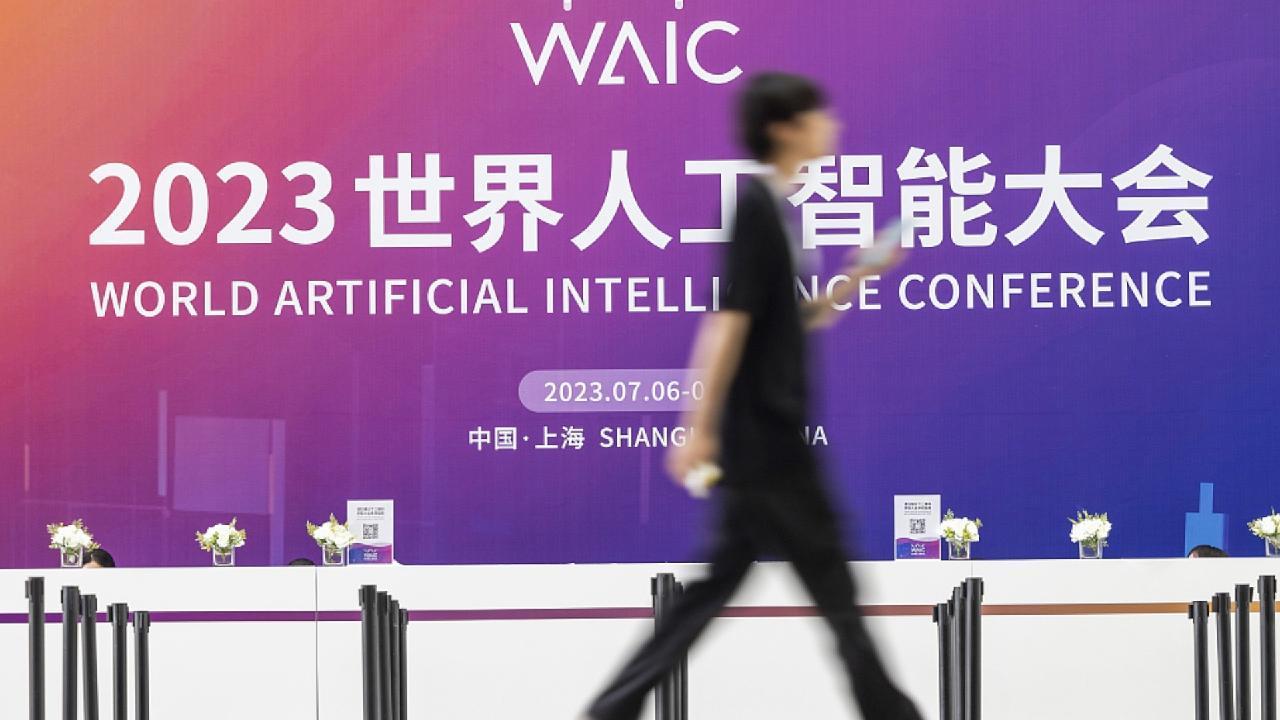China's K-Visa Woos STEM Talent Put Off By H-1B Fee Hikes
Beijing's initiative arrives at a moment of intensifying competition for skilled workers worldwide. It offers a stark contrast to Washington's latest decision to require American employees to pay a one-time fee of US$100,000 for each of their new H-1B visa applications, the primary pathway for skilled foreign workers to enter the US job market.
The Chinese government announced on August 14 that it had amended its visa rules by introducing a new K-visa category, bringing the total number of visa classes to 13.
The K-visa is tailored for foreign youth talents aged between 18 and 25 who hold a bachelor's degree or higher from reputable domestic or foreign universities or research institutions, with a major in STEM or other related fields. Some human resource agencies said China is targeting specialists in the artificial intelligence, quantum communication, and life science sectors.
Two features of the scheme stand out. First, K-visa applicants do not require any invitation or sponsorship program from a Chinese employer. Second, applicants are permitted to bring their spouses and minor children to China.
Additionally, K-visa holders will enjoy more flexible terms regarding the number of entries, validity period and permitted length of stay than under existing visa categories. After entry, they can engage in a variety of activities, such as education, science and technology, culture, scientific research, entrepreneurship and business.
Liu Shaoshan, director of the Center for Embodied AI at the Shenzhen Institute of Artificial Intelligence and Robotics for Society, told the Global Times that the K-visa will significantly lower the barrier for foreign talent to stay in China.
Latest stories
Asia's youthquake: India's Gen Z protests are boiling over

Japan's LDP leadership race, so far, is a sluggish campaign

Trump in Truth Social manifesto offloads Ukraine mess on Europe
“China does not require foreign STEM talents to secure a job offer or invitation from a Chinese employer before applying for the K-visa,” he said.“As eligibility is primarily determined by age and educational or research background, it becomes much easier for more young scientists and engineers to enter China to explore job opportunities and start their businesses.”
“These foreigners will one day return home or move on to other regions with their knowledge in Chinese technical standards, product solutions and practical cases,” he said.“They can help bring China's technology and industry standards to global markets.”
“Some countries like to push technological blockade, but China chooses to open its laboratories and industries,” a Zhejiang-based commentator surnamed Sheng says in an article, without directly calling out the US.
“China's AI and quantum sectors are facing foreign curbs, but still, the country's AI industry needs more than five million workers,” he says.“The K-visa can help China attract foreign talent in their twenties to work side by side with top Chinese graduates, creating a new wave of technological innovation.”
He adds that the success rate for foreign professionals to obtain an H-1B visa in the US lottery is less than 30%, while Singapore requires foreign young technology experts to have a job offer that pays at least 500,000 yuan (approximately US$70,122). He says China's K-visa is obviously a much better option for technology professionals.
The H-1B visa programThe current H-1B program allows for an annual quota of 65,000 new visas, plus an additional 20,000 reserved for applicants with a master's degree or higher from a US institution.
Last year, the US approved approximately 400,000 H-1B visas, including renewals and extensions. About 71% of the visas were granted to Indian applicants and 11.7% to Chinese ones.
On September 19, the White House announced a new $100,000 fee on all new H-1B applications. The new measure took effect on September 21.
The Trump administration argued that companies have abused the system, highlighting some examples. In one case, a software company was approved for over 5,000 H-1B workers in 2025 while laying off more than 15,000 staff.
In another case, a company reduced its US workforce by about 27,000 since 2022, but obtained more than 25,000 H-1B approvals over the same period.
In 2021, Facebook was fined $14.5 million by US immigration authorities after it was found to have violated H-1B rules by overstating job levels in many visa applications. The company admitted that it had incorrectly classified certain positions to justify higher wages and boost its chances in the lottery.
“The employer of an engineer earning $80,000 a year now faces an H-1B application fee of $100,000. This sky-high cost will deter many small and medium-sized technology firms,” Xie Ranyou, a Hubei-based columnist, writes in a recent article titled“Trump's isolationist policies hand America's opportunities to China.”
“America has already been suffering from a shortage of STEM talent, and the latest policy will worsen the situation, especially in the semiconductors and artificial intelligence sectors,” he says.

Sign up for one of our free newsletters
-
The Daily Report
Start your day right with Asia Times' top stories
AT Weekly Report
A weekly roundup of Asia Times' most-read stories
Xie says countries like Canada, Germany and Singapore are moving quickly to welcome skilled workers, mainly from India. He says China, with its manufacturing base, large market and policy flexibility, can also use this opportunity to build its global innovation network. He asserts Silicon Valley programmers will one day learn Chinese, and top labs in California will seek partnerships with those in Hefei.
National security concernsThe White House also stated that the H-1B program poses a national security threat.
“Domestic law enforcement agencies have identified and investigated H-1B-reliant outsourcing companies for engaging in visa fraud, conspiracy to launder money, conspiracy under the Racketeer Influenced and Corrupt Organizations Act, and other illicit activities to encourage foreign workers to come to the US,” the new fee announcement said.
In 2023, China tightened its Anti-espionage Law to guard against foreign intelligence activities and the theft of state secrets. In 2024, Beijing took further steps by broadening the scope of its State Secrets Law. These legal changes reflect Beijing's heightened concerns about espionage and intellectual property theft.
In May of this year, Gree Electric Appliances' chairwoman, Dong Mingzhu, openly remarked that her company would only hire graduates from domestic universities, citing concerns that some returnees from Western institutions might be working as spies.
Due to these incidents, some Western professionals may hesitate before building their careers in China using K-visas, according to some observers.
Read: Chinese students flock to Russia amid uncertain US visa policies
Follow Jeff Pao on Twitter at @jeffpao3
Sign up here to comment on Asia Times stories Or Sign in to an existing accoun
Thank you for registering!
An account was already registered with this email. Please check your inbox for an authentication link.
-
Click to share on X (Opens in new window)
X
Click to share on LinkedIn (Opens in new window)
LinkedIn
Click to share on Facebook (Opens in new window)
Facebook
Click to share on WhatsApp (Opens in new window)
WhatsApp
Click to share on Reddit (Opens in new window)
Reddit
Click to email a link to a friend (Opens in new window)
Email
Click to print (Opens in new window)
Print

Legal Disclaimer:
MENAFN provides the
information “as is” without warranty of any kind. We do not accept
any responsibility or liability for the accuracy, content, images,
videos, licenses, completeness, legality, or reliability of the information
contained in this article. If you have any complaints or copyright
issues related to this article, kindly contact the provider above.
Most popular stories
Market Research

Stratx Launches Compliance-Aware Routing Protocol For Stablecoins, Rwas, And Cross-Border Settlement
- Kucoin Appeals FINTRAC Decision, Reaffirms Commitment To Compliance
- FBS Analysis Shows Ethereum Positioning As Wall Street's Base Layer
- VCUK Launches New Private Equity And Venture Capital Initiative With A Focus On Europe
- Zebu Live 2025 Welcomes Coinbase, Solana, And Other Leaders Together For UK's Biggest Web3 Summit
- Betfury Is At SBC Summit Lisbon 2025: Affiliate Growth In Focus
- Moonx: The Leading Crypto Trading Platform With X1000 Leverage And Unlimited Meme Coin Access






















Comments
No comment